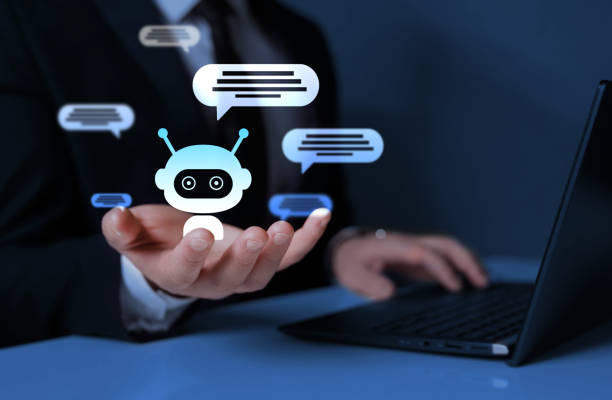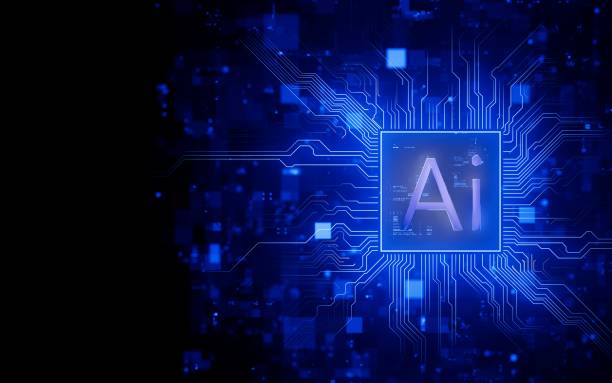Balancing Innovation and Caution

AI and automation are revolutionizing industries, bringing significant benefits while also introducing a range of risks that businesses in Lagos and globally must navigate. From job displacement to cybersecurity threats, understanding these challenges is essential to fostering sustainable growth.
1. Job Displacement and Workforce Adaptation
One of the most pressing risks associated with AI and automation is job displacement. Over-reliance on automation may lead to job losses, particularly in repetitive roles. For instance, AI chatbots replacing customer service teams can create substantial workforce gaps. To mitigate this issue, businesses should focus on upskilling employees through training programs that emphasize AI supervision and the development of soft skills. Moreover, blending human creativity with AI tools can help retain strategic roles, ensuring that human input remains invaluable in the process.
2. Bias and Ethical Concerns
AI systems can inherit biases from their training data, leading to unfair outcomes. For example, biased algorithms used in hiring tools may inadvertently discriminate against certain demographics. To combat this risk, it is crucial to audit AI models for bias during the development process. Collaborating with ethical AI frameworks can further ensure fairness and transparency in AI operations.
3. Cybersecurity Threats

AI also introduces sophisticated cybersecurity threats, as malicious actors can weaponize it for various forms of cyberattacks, such as deepfake phishing or automated hacking attempts. As businesses increasingly adopt digital solutions, they become prime targets. Fixing broken backlinks and updating outdated software can help reduce vulnerabilities.
4. Data Privacy Issues
Automation tools often require vast amounts of data, which can heighten exposure to privacy breaches. Poor handling of customer data in web applications may violate regulations such as GDPR. To address these data privacy concerns, businesses should employ encryption and adopt privacy-first development practices. Furthermore, training teams on data compliance laws, including LGPD and PIPL, is essential to ensure adherence to legal standards.
5. Environmental Impact
The environmental impact of AI cannot be overlooked, particularly regarding energy consumption. Training large AI models can lead to significant carbon footprints. To mitigate this risk, businesses should consider opting for energy-efficient cloud solutions and serverless architectures, reducing their overall environmental impact.
6. Vendor Sourcing Risks
Choosing the wrong automation tools can result in inefficiencies or create security gaps. Therefore, conducting thorough vendor audits is vital. Companies should prioritize scalable solutions to ensure their automation tools can grow alongside their business needs.
7. Existential Risks
Over-automation poses existential risks as well, potentially eroding human decision-making skills and fostering dependency on automated processes. Maintaining human oversight in critical decision-making processes can mitigate this risk, ensuring that human judgment remains integral to business operations.
How JustWebTech Can Help Businesses
At JustWebTech, we understand the challenges that AI and automation pose for businesses. We offer comprehensive cybersecurity audits to protect web applications and AI systems from adversarial attacks. Additionally, we provide ethical AI training to equip teams with the skills needed to build fair and transparent models. Our SEO and compliance services aim to fix broken backlinks and align business practices with global privacy laws, enabling organizations to thrive in an increasingly automated world.

Leave a Reply